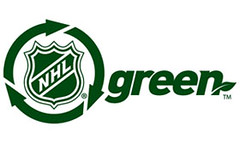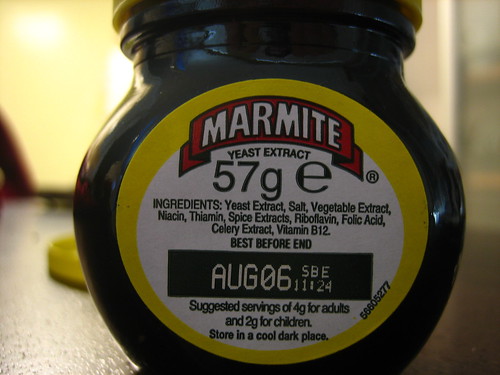Helping disaster victims get food is certainly a worthy cause. Helping them get fresh, healthy food is even better.
AmpleHarvest.org, a site that connects backyard gardeners with an abundance to local food banks, is doing just that by helping tornado victims in Alabama.
More specifically, they’re encouraging food banks in ravaged areas to sign up on the site to allow potential donors to find them. The site also facilitates donations of non-home grown food by allowing users to find nearby recipient agencies.
The move echoes a similar one last summer that emphasized donations in Gulf States affected by the BP oil leak. Let’s hope the outpouring of support is similar. And for those without a garden or not living near the affected areas of Alabama, there are many ways to help.

 After consulting with food makers and sellers, the government has recommended that retailers phase out “best before” dates, which mostly focus on taste.
After consulting with food makers and sellers, the government has recommended that retailers phase out “best before” dates, which mostly focus on taste.